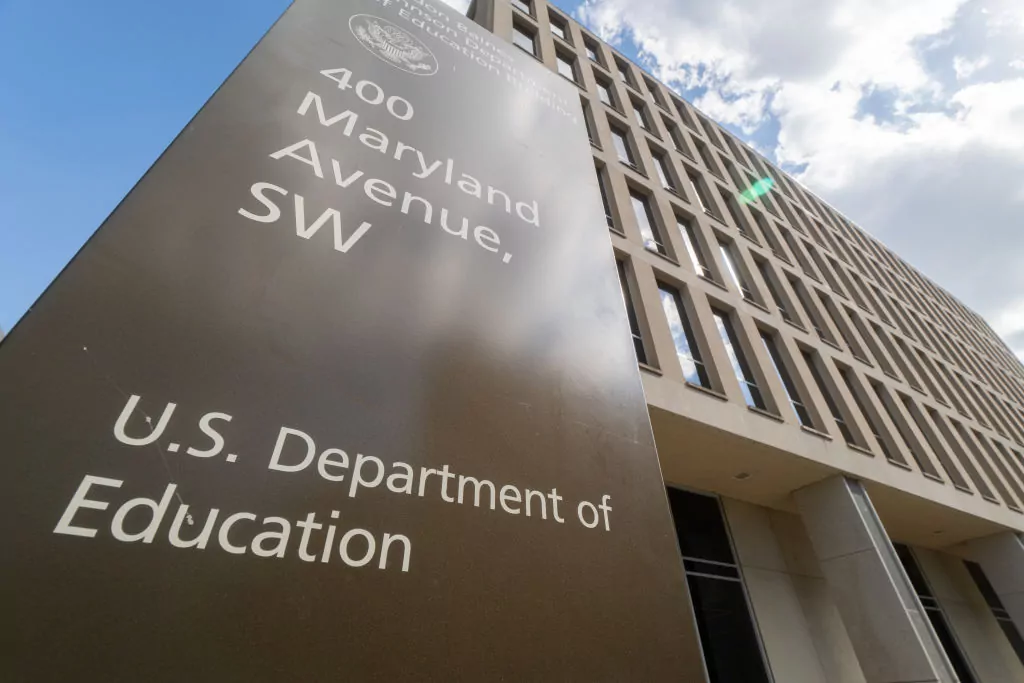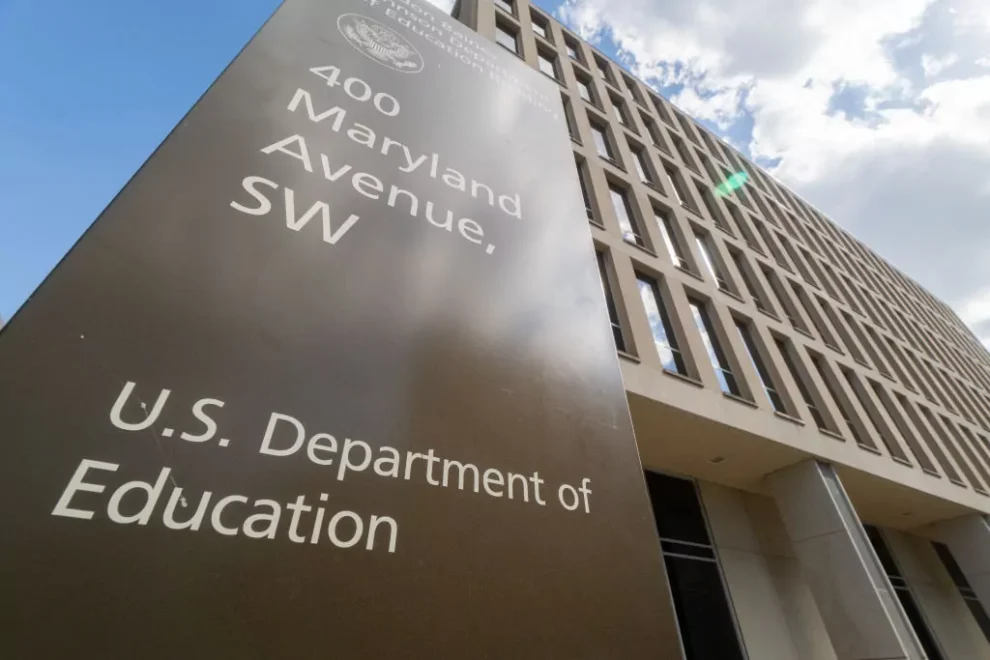EXCLUSIVE — George Mason University confirmed to the Washington Examiner on Wednesday that its Center for Truth, Racial Healing, and Transformation is “no longer operational.”
The university launched the center in 2021 to “aggressively confront the history of marginalization of diverse populations” and “dismantle systems based on the hierarchy of human value through narrative change, racial healing, relationship building, and community engagement,” according to an archived web page. A GMU spokesperson indicated that the university’s decision to close the center was part of a broader effort to comply with “federal executive orders and U.S. Department of Education directives” after the Washington Examiner sent an inquiry requesting information on why the center’s website was down.
“The Center for Truth, Racial Healing, and Transformation is no longer operational,” the spokesperson told the Washington Examiner. “Only elements of its prior programming that are in compliance with federal executive orders and U.S. Department of Education directives remain in operation, including those on civil discourse and community engagement, which have been reassigned to other departments within the university.”

While the center was established with a broad mandate, publicly available sources show relatively little programming from the institution. An archived copy of the center’s web page displays only two events — a three-day virtual symposium discussing “the role of black women in American democracy” and an event dubbed “Rx Racial Healing Circles” — and a review of GMU web pages turns up no other events.
The center was established with financial support from the W.K. Kellogg Foundation, a liberal grantmaking charity.
DOZENS OF AMERICAN UNIVERSITIES MAINTAIN PARTNERSHIPS WITH CHINESE MILITARY-LINKED ENTITIES
Some of GMU’s other efforts to clamp down on DEI have been reported by the press. For instance, the university’s law school removed web pages related to diversity, equity, and inclusion in February. However, critics suspect that changes to campus DEI may be primarily cosmetic — a concern spurred by institutions such as GMU opting to retain but rename their DEI offices.
The Department of Education did not respond to a request for comment.
























